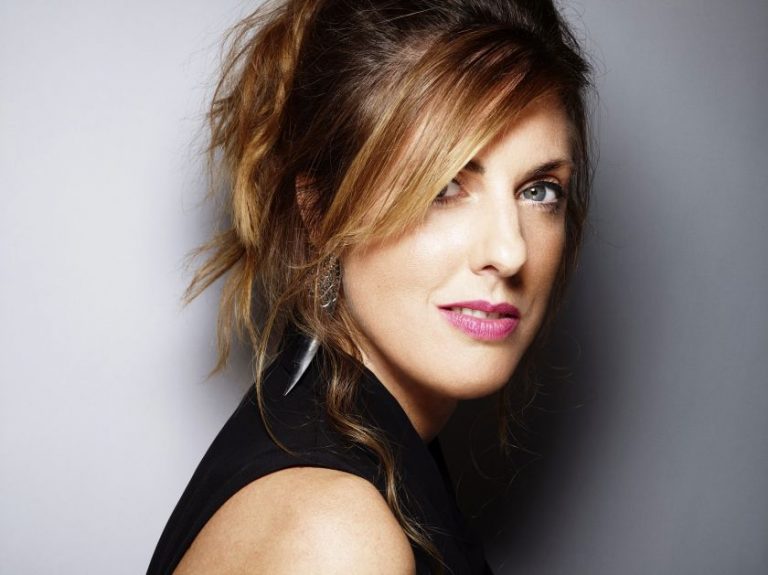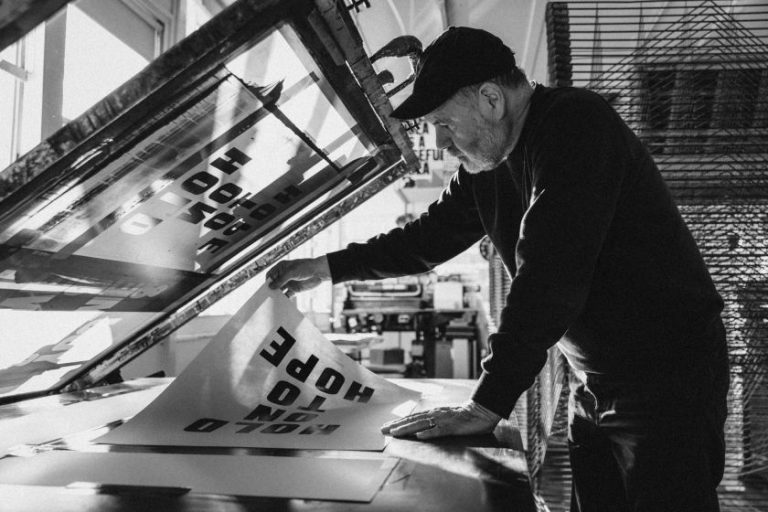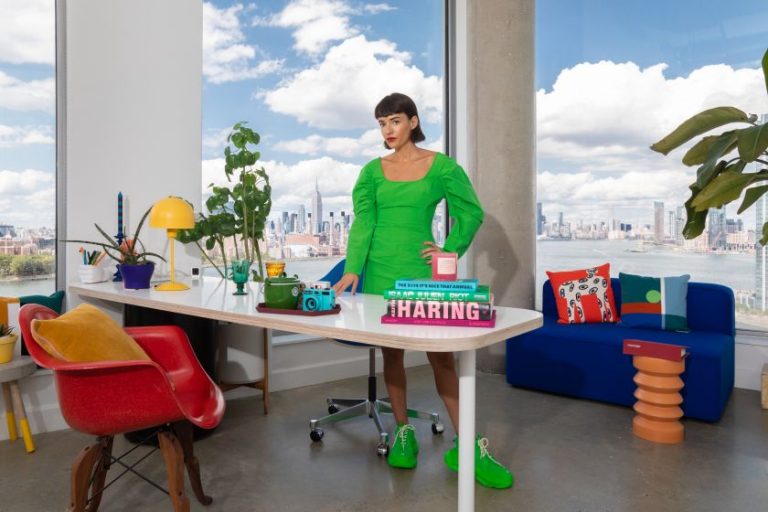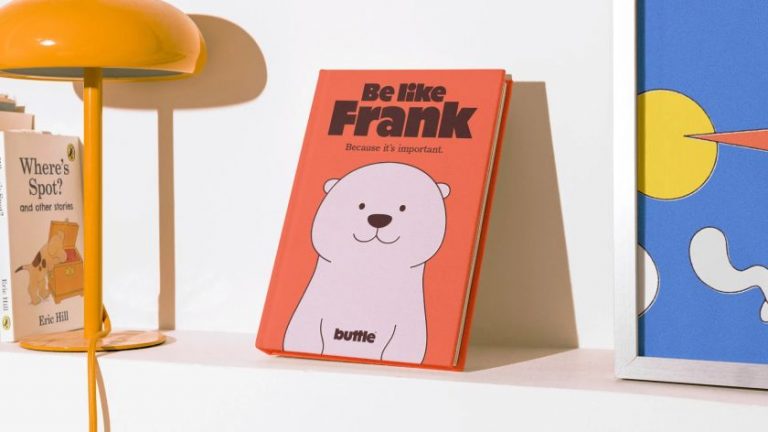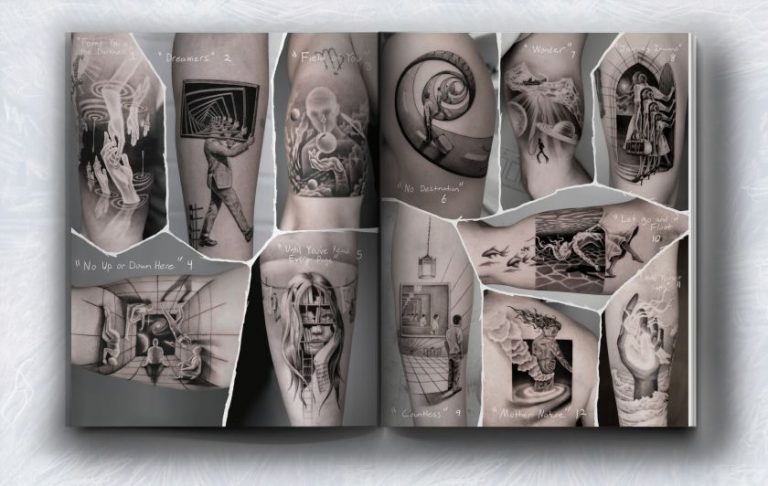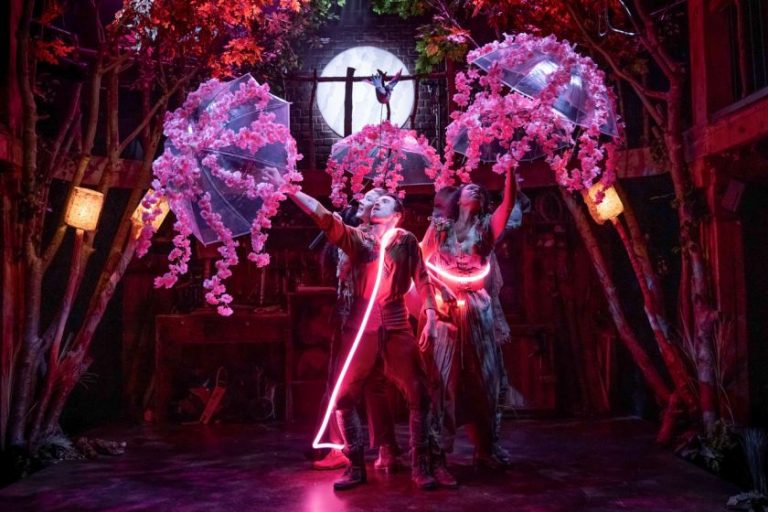© Dong Qiu
The Chinese artist’s distinctive style blends Asian tradition with modern sensibilities, attracting global clients and resonating with audiences worldwide.
The moment you clasp eyes on freelance illustrator Dong Qiu‘s work, you feel yourself being pulled in multiple directions. Her art is at once subtle yet distinctive, calm yet thrilling, steeped in tradition yet irrepressibly modern. So, we were keen to chat with her and discover how she’s developed such a distinctive and enchanting style.
“I like to draw pictures with smooth lines, strong decoration, and deep meaning,” begins the artist, who is based in Shanghai, China. I am also attracted by pictures that are quiet but full of emotional flow, and I really want to create such works.”
Her style is also deeply influenced by her nation’s culture and tradition. “My favourite subjects as a student were art and Chinese because I liked drawing and handicrafts very much, and I was also good at them,” she explains. “The subject of Chinese is also closely related to art, and the two complement each other.”
More specifically, she takes inspiration from her home city and its unique culture. “As a representative city of Chinese culture and modernisation, Shanghai integrates Eastern and Western cultures and has rich artistic resources and activities, with endless art festivals and exhibitions,” she enthuses. “These provide a platform and opportunity for me to learn, communicate and display my illustration work.”
© Dong Qiu
© Dong Qiu
© Dong Qiu
© Dong Qiu
Injecting magic
Yet, although her art is recognisably from one culture, it resonates with people all around the world, both Chinese and non-Chinese. “Because illustration is different from the limitations of written language, it can directly convey information, complex stories and emotions, and touch people’s hearts,” she explains.
“Emotion is a universal language not limited by language and culture. Sometimes, painting a satisfactory work is like injecting magic, which invisibly establishes communication and resonance with the audience.”
Dong first developed a strong interest in art when she was very young. “I showed great talent and won many awards in kindergarten,” she recalls. “This is why I like to draw with lines.”
When she was in elementary school and junior high school, she became interested in pictorials, comics, picture books and other types of books. “I also created some four-frame comics or themed pictorials,” she recalls. “I started to learn professional art knowledge in high school and began to create my own original illustrations to record my life. I would occasionally submit satisfactory works to magazines.”
Imagination needs discipline
Today, she uses both digital and physical media to create art and sees her discipline as a combination of discipline and thinking outside the box. “The originality of the work is very important to me,” she says. “I believe that sincere expression, continuous accumulation, and honing basic painting skills are essential. Many friends who draw have amazing imaginations but find it difficult to maintain the behavioural habit of spending time creating and recording them.
“I believe I did this very well as a student,” she continues. “It’s a good habit to cultivate and consolidate your painting style. It can also exercise the brain’s way of thinking about pictures.”
And she continues to pursue this approach today. “Given the increasingly fierce market competition and challenges we all face, I need to continuously improve my professional capabilities and maintain creativity,” she explains.
Serving the client
She also recognises the need to balance artistic expression with the needs of her clients, who include big brands such as Walt Disney, Swatch, Lay’s, Lenovo and Oreo, and editorial and publishing clients such as Penguin Press and Heilongjiang Fine Arts Publishing House.
© Dong Qiu
© Dong Qiu
© Dong Qiu
“The difference between commercial projects for clients and personal illustration works is that in the early stage of commercial project creation, you need to communicate with the client in detail about the content requirements, review information, and do a good job of preliminary accumulation,” she explains.
“After fully understanding the needs, you integrate your creativity and painting methods to create and polish. There may be countless communications or adjustments, a process of constant outward exploration. Personal creation, meanwhile, is private and inward exploration will lead to more freedom and sensibility. People cannot always be inward or outward, so the overlap of the two can form a delicate balance.”
To give her own artistic expression full reign, she’s currently working on a personal series, which she’s keeping confidential for the time being. “I often customise a new series for myself as a creative cycle, a bit like a spiritual practice, and then start a new round of work mode after the personal series is completed,” she explains.
© Dong Qiu


